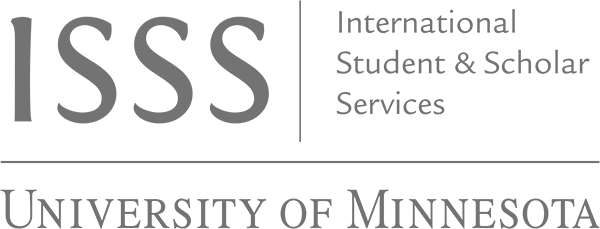Obtaining U.S. permanent residence (PR) allows a foreign citizen to live and work permanently in the U.S. while retaining home country citizenship. PR is not the same as U.S. citizenship. There are a number of terms that are used to refer to PR, including: green card, immigrant status, immigrant visa, lawful permanent residence (LPR), resident alien. Learn more about ways to apply for Permanent Residence on the USCIS website.
Permanent Residence for Faculty and Staff
Hiring and Recruiting
The following policies and resources contain information related to recruitment requirements for foreign national employees:
- Citizenship, Residency and Visa Requirements (appendix to Hiring Faculty and Staff)
- ISSS Tip Sheet – Preparing for a Faculty Search
- Interviewing (see Race/Nationality sample questions)
- It is critical to include the University’s required language regarding federal requirements for I-9 compliance in all job offer letters. Please refer to the OHR website for specific language and offer letter templates.
Tenured and Tenure-Track Teaching Faculty
ISSS generally handles permanent residence applications for tenured and tenure-track teaching faculty through the EB-2 Special Handling Labor Certification process. Contact ISSS immediately upon offer and acceptance of a faculty position if you wish to pursue this option.
All Other Job Categories
Persons in other full-time, permanent positions may qualify to apply for Permanent Residence either by self-petition or through the University of Minnesota (petition by employer). See Paths to Permanent Residence in Higher Education for the most common avenues.
University departments who decide to pursue a PR petition (submitted by employer) must work with the University Office of General Counsel (OGC) and a private immigration attorney. OGC handles the eligibility of the position and the clearance of private attorneys in such cases.
ISSS provides information on finding immigration attorneys and law practices.
